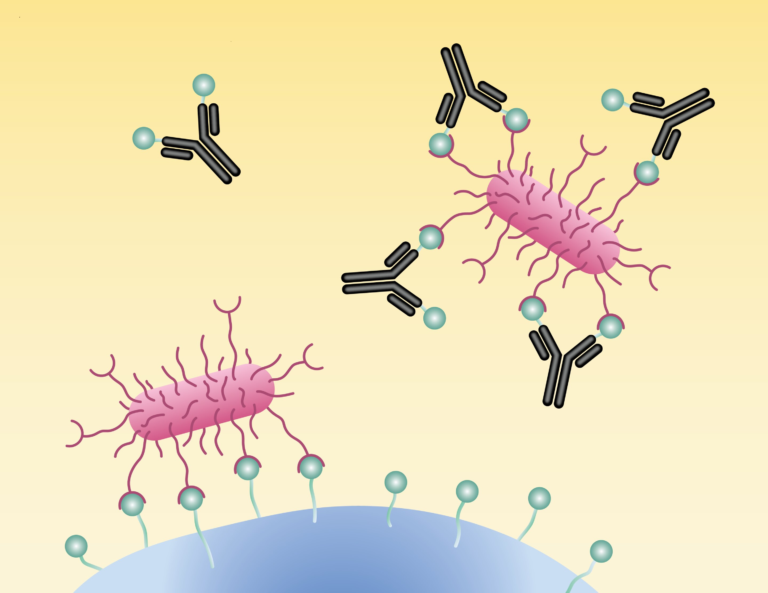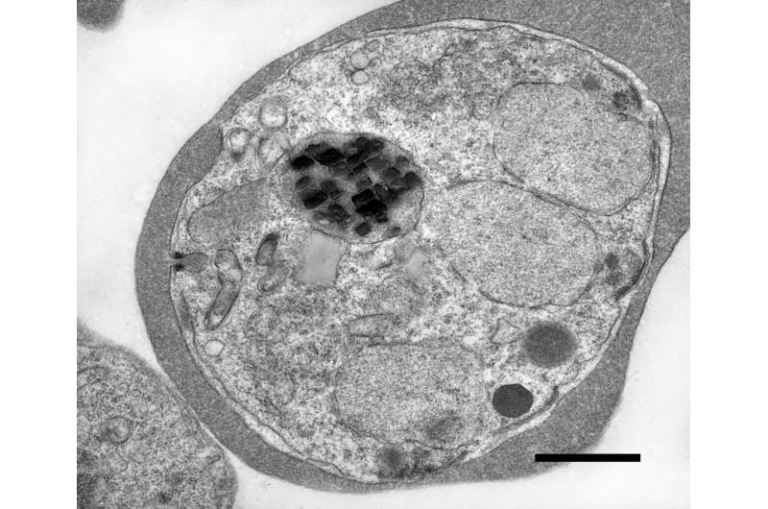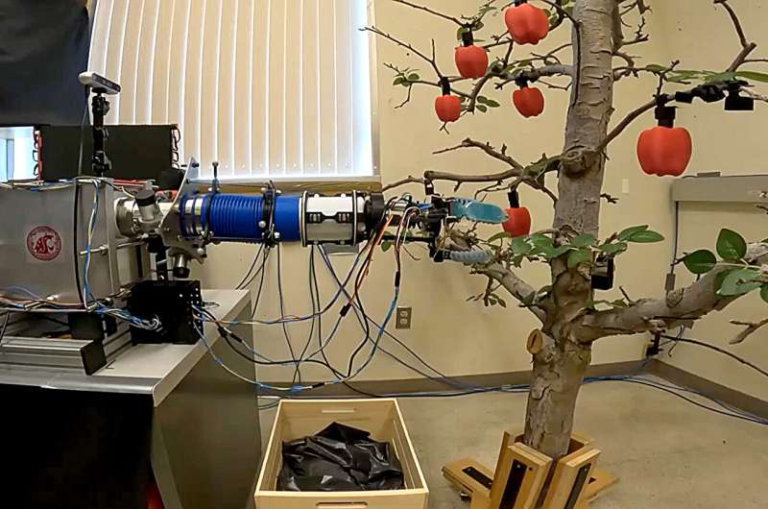Rethinking How Nucleoside Supplementation Speeds Up DNA Replication

For decades, scientists have used nucleoside supplementation to help cells replicate their DNA faster and more efficiently. The assumption was simple — add more of the basic DNA building blocks, and cells will have plenty of material to copy their genetic code smoothly. But a new study led by Andrei Chabes and his team at Umeå University (Sweden), in collaboration with Tomomi Tsubouchi’s lab at the National Institute for Basic Biology (Japan) and Erik Johansson’s lab (Umeå University), has revealed that this common belief doesn’t tell the full story.
According to their research published in Nucleic Acids Research (2025), the real secret isn’t just having enough DNA building blocks — it’s about maintaining the right balance, especially between thymidine and a troublesome molecule called dUTP. This finding reshapes how scientists understand DNA replication and could influence the way researchers handle cell growth and genomic stability in the lab.
Understanding the Basics: DNA and Its Building Blocks
DNA, often described as the blueprint of life, is made up of four major building blocks known as deoxynucleoside triphosphates (dNTPs): dATP, dTTP, dGTP, and dCTP. These molecules are essential for every living cell because they form the backbone of DNA strands during replication.
When cells prepare to divide, they need a steady supply of these dNTPs. If the supply runs low, DNA replication slows down or stops completely, which in turn halts cell proliferation. In cell culture experiments, scientists often add nucleosides — the precursors to dNTPs — into the growth medium to make sure the cells have everything they need.
This method has been used for years, and researchers have assumed it simply works by boosting the overall pool of DNA building blocks inside the cell. But until now, the exact mechanism behind the improvement in replication speed wasn’t fully understood.
The New Discovery: It’s All About Thymidine
The new study took a closer look at how different nucleosides affect DNA replication, and the findings were surprising. The researchers discovered that the replication-boosting effect doesn’t come from all nucleosides equally. Instead, thymidine (T) plays a uniquely important role.
When cells were supplemented with thymidine, the researchers noticed that DNA replication became much faster. But when cells were given other nucleosides — like adenine, cytosine, or guanine — the replication speed didn’t improve nearly as much.
So, what’s so special about thymidine?
Thymidine helps increase the levels of dTTP, the correct DNA building block that pairs with adenine (A) during DNA synthesis. At the same time, it helps the cell counteract the harmful effects of dUTP, a faulty molecule that can interfere with the replication process.
dUTP: The Trouble-Making Molecule
While dUTP (deoxyuridine triphosphate) looks similar to dTTP, it’s not supposed to be incorporated into DNA. When it sneaks in, it can cause errors or even stall the replication machinery. The enzyme that copies DNA, DNA polymerase, can get confused when there’s too much dUTP floating around.
The researchers showed that when dUTP levels rise inside cells, DNA replication slows significantly. However, when thymidine is added, it increases dTTP concentration, which in turn suppresses the disruptive effect of dUTP. The balance between these two molecules — dTTP and dUTP — is what truly determines how efficiently DNA replication occurs.
To confirm this, the scientists ran experiments both in live cells and in controlled test-tube systems. When they artificially raised dUTP levels, replication slowed down. Adding thymidine restored normal replication speed. Even in a purified system, they observed that dUTP directly inhibited DNA polymerase, and that supplying enough dTTP prevented this inhibition.
This proves that nucleoside supplementation doesn’t work by flooding the cell with all DNA precursors. Instead, it corrects specific imbalances — in this case, by helping the cell maintain enough thymidine to counteract the harmful effects of dUTP.
What the Study Shows in Detail
The researchers used highly precise biochemical measurements to quantify the levels of dNTPs and rNTPs (the RNA equivalents) inside mammalian cells after supplementation. They noticed that adding ribonucleosides (the RNA versions of the building blocks) primarily increased CTP and UTP — which are used for RNA synthesis — but had only a mild effect on the DNA components like dCTP.
This finding explains why ribonucleoside supplementation alone doesn’t speed up DNA replication much. In contrast, when thymidine was added, dTTP levels rose sharply, and in some cases, dGTP levels also increased. These specific changes correlated directly with faster replication fork movement — meaning the enzymes that copy DNA could move along the template much more quickly.
This was measured using DNA fiber assays, a method where researchers visualize how fast DNA strands are being synthesized. In every test, thymidine supplementation clearly outperformed other nucleosides.
The results also confirmed that dUTP has a direct inhibitory effect on DNA polymerase activity. It acts as a sort of molecular roadblock, but with enough dTTP, that roadblock can be cleared.
Why This Matters
This discovery carries big implications for cell biology, genome stability research, and even cancer studies. Many scientists use nucleoside supplementation in cell cultures to help cells replicate efficiently, especially under stressful conditions. Knowing that the effect comes mainly from thymidine’s ability to balance dTTP and dUTP could help refine how these supplements are used in the lab.
It also provides a new angle on replication stress, a common issue where cells struggle to copy their DNA properly. Imbalances in dNTP pools can lead to DNA damage, mutations, and instability — all of which are hallmarks of cancer and other genetic diseases.
By understanding the precise mechanism — that it’s not just about having more DNA material, but about the right ratio — researchers can better control cell growth and replication quality in various experimental systems.
A Quick Refresher: What Are Nucleosides and Why Do They Matter?
To appreciate this discovery fully, it helps to know what nucleosides actually are. A nucleoside is made up of a sugar molecule (deoxyribose or ribose) attached to a nitrogenous base — adenine (A), thymine (T), cytosine (C), or guanine (G). When a phosphate group is added, it becomes a nucleotide, the actual building block used in DNA or RNA synthesis.
Cells can create nucleotides in two ways:
- De novo synthesis, where the molecules are built from scratch.
- Salvage pathways, where the cell recycles or imports nucleosides and converts them into nucleotides.
Supplementation in the lab takes advantage of the salvage pathway. By adding nucleosides to the culture medium, scientists give cells a shortcut to make more nucleotides without relying solely on internal synthesis.
But as this study shows, the type of nucleoside you add — and how it affects the balance of different nucleotide pools — can dramatically influence how well the cell replicates its DNA.
What’s Next for This Research?
While the study focused mainly on mammalian cell lines, the results raise broader questions. Will the same principle apply in primary cells, stem cells, or in vivo systems? Could tweaking thymidine levels help manage replication stress in cancer cells or enhance stability in genome editing experiments?
The researchers note that while elevated dTTP is beneficial up to a point, too much of any single dNTP can cause its own problems, such as increased mutation rates. The goal isn’t to overwhelm the cell with thymidine but to achieve the right balance between all the DNA precursors.
Future studies may explore how other metabolic pathways interact with dUTP and dTTP balance, or how specific enzymes (like dUTPase, which breaks down dUTP) regulate this delicate system.
The Bottom Line
This study finally clears up a long-standing mystery in cell biology: nucleoside supplementation doesn’t speed up DNA replication just by increasing the total amount of DNA building blocks. Instead, it works because thymidine corrects an imbalance — it boosts dTTP, which keeps the faulty dUTP in check, ensuring DNA polymerase can copy the genome smoothly and accurately.
The result is faster replication forks, more reliable DNA synthesis, and new insights into how cells maintain genomic stability.





